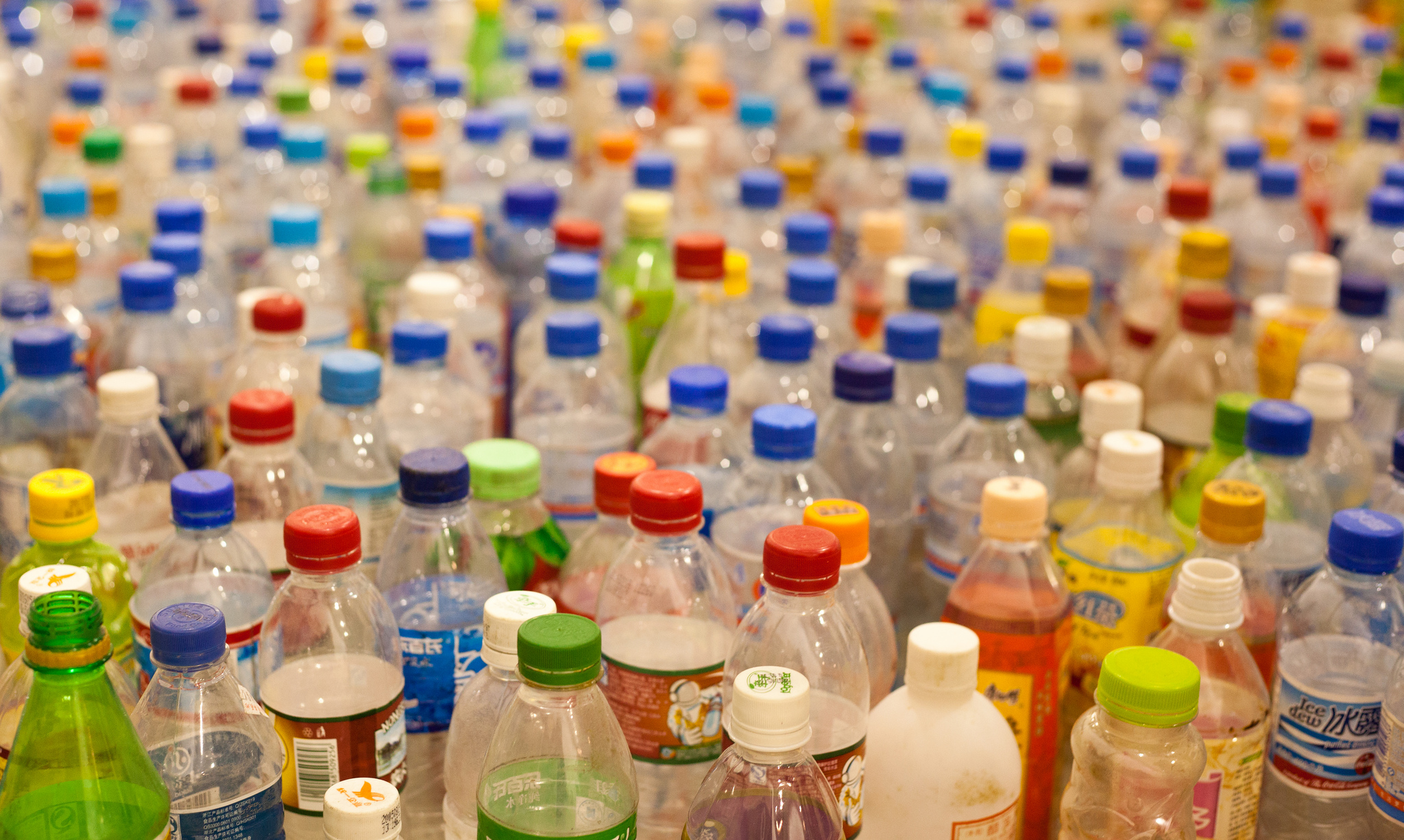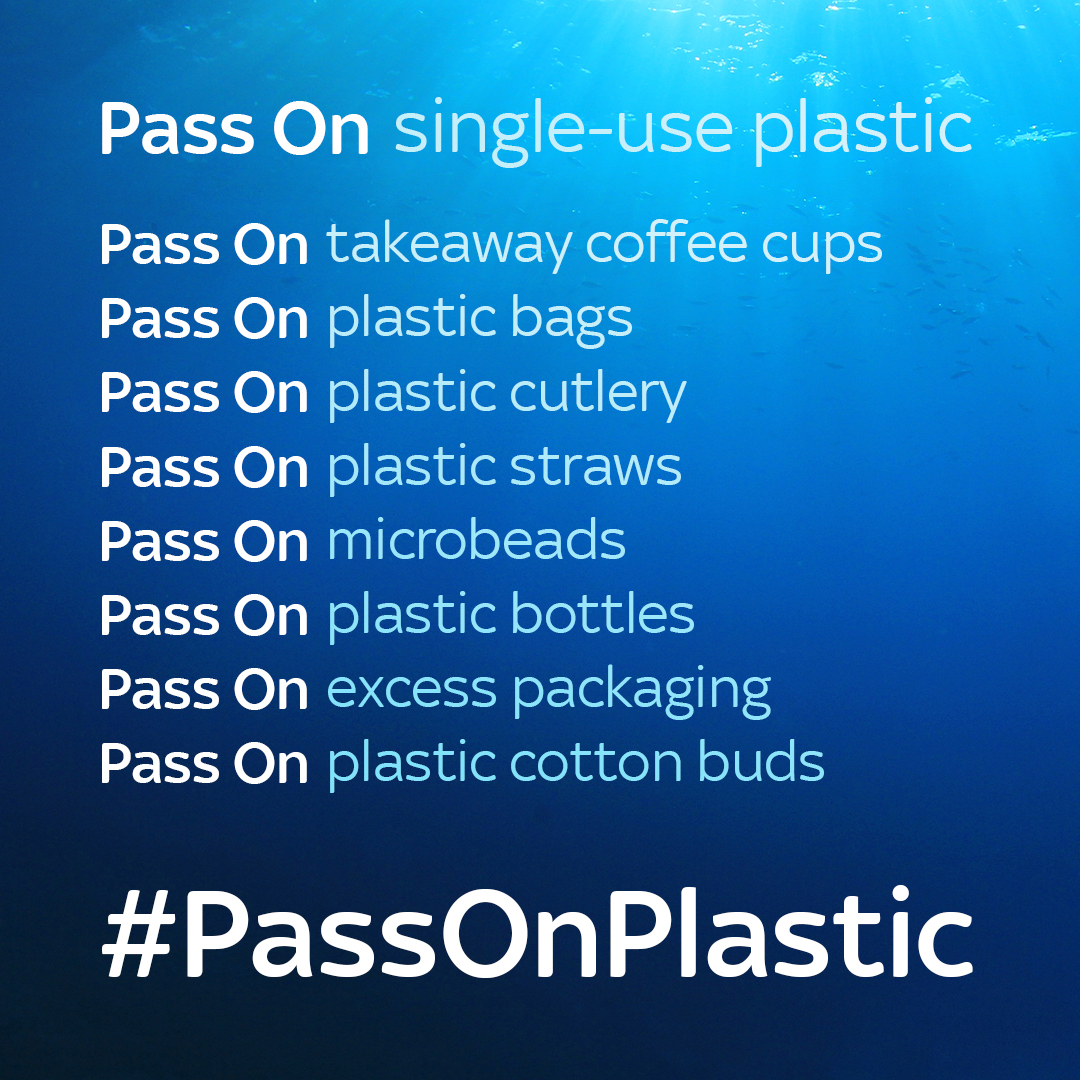Rachel Mary Dornan reflects on the challenges she experienced in giving up plastic for Lent and wonders if plastic-free living is affordable in a rising tide of plastic use.
As a teenager, I helped at our church’s Sunday school. One Lent, about twenty years ago now, I spoke to the children about giving up something you love for Lent. Their initial responses – chocolate, sweets, crisps – were just what we were looking for. “Great ideas! Does anyone have any others?” One little girl had her own thoughts. “I’m going to give up pets and friends for Lent!” she declared.
Although I wouldn’t say I “love” plastic, we do have a great love affair with plastics in our society. So when, a few years ago, my flat mate Jenni said she was giving up plastic for Lent, I decided to join her.
Setting myself up for the task a few days before Ash Wednesday, I searched the shelves of Waitrose for non-plastic versions of the “essentials”. Waitrose is often seen as more ethical than some other retailers and I thought I’d be able to get what I needed in non-plastic packaging. The results were mixed, and I came home with much more expensive rice and couscous in cardboard boxes – and a 1kg pack of pasta (wrapped in plastic) to tide me over for Lent. I figured it didn’t count if I bought it in advance.
Jenni took charge of the milk situation and got us signed up for good old fashioned milk delivery – straight to our doorstep, three times a week. Our first few days were promising, with milk delivered in glass bottles. However a few days in, the glass became plastic, scuppering our good intentions. A quick email to the company sorted it, and milk came in glass from then on.
In addition to reducing our plastic use, we were also driven to reduce food miles. We therefore opted for getting locally grown vegetables delivered weekly. These were seasonal and came in net bags which we returned each week. It made for some interesting recipe quandaries – what do we do with 6 tiny beetroots this week? – but also allowed us to make copious amounts of soup to consume at lunchtime.
Soup made, how were we going to get it to work to consume? Here’s where we had to sit down and redefine our resolution. With a cupboard full of sturdy plastic boxes, did we need to completely give up using plastic, or were we “allowed” to use sturdy plastic boxes that helped us to reduce our single use plastic consumption? We decided that was “allowed”. To go along with the soup, I purchased bread rolls from Waitrose, reusing the net bags from our veg to transport them home.
The final kitchen problem was how to buy and store fresh meat. I thought this was going to be an insurmountable problem, and readied myself for 6 weeks as a vegetarian or pescatarian, filling up on eggs and tinned tuna. However this was easily resolved by a visit to the butcher across the road who was happy to give me meat, straight into one of my plastic tubs. Although it was not the most practical way to shop, it was an inconvenience worth taking on a few occasions.
On taking up Jenni’s challenge, I only considered the plastics used in the kitchen. In the bathroom, my own self-imposed “rule” that anything bought prior to Lent was fine to use meant that I continued to use my enormous bottle of shampoo without much thought. Jenni took it a step further, and came home one day with a bar of shampoo to use, packaged in a little paper. She also found a shop which did refills of Ecover cleaning products, and somewhere that sold toilet paper in paper rather than plastic packaging.
Being a teacher, I usually brought my lunch to school so didn’t have the problem of trying to purchase snack lunches during the week. If I was out at the weekends, I had to settle for pasties in paper bags and cans of juice.
Were we completely successful? No, not entirely. But the venture challenged how I shopped and ate and still defines how I live my life now. I avoid any kind of plastic packaging for fruit and vegetables when I can, often being that irritating customer trying to weigh 6 onions on a self-service machine rather than put them in a bag. Avoiding plastic can cause other ethical dilemmas – in many supermarkets, Fairtrade bananas can only be bought in multipack plastic bags – which is the lesser of two evils?
The venture definitely cost me more in time and money: the time spent sourcing plastic-free groceries and being available to buy them from shops with more limited opening hours; and the expense of paying for butcher’s meat and home delivery of organic fruit, vegetables and milk.
I don’t believe that poverty and plastic need to go hand in hand, yet it is quite apparent that going for the cheaper options when you shop invariably means that you are purchasing more plastic – whether that be multipacks of crisps, packets of rice or pasta or bags of rolls. If you want to buy the plastic-free varieties, you often need to spend considerably more.
Giving up plastic wasn’t easy, and did lead me to consume items packaged in other, less than ideal packaging instead such as tin cans. However, I probably improved my diet by eating locally sourced, fresh, seasonal fruit, vegetables and meat.
As has been recently documented in Blue Planet II, we need to change our consumption of plastics for the survival of our ocean wildlife, the good of the planet, and the health of humanity. Experts predict that if current production and waste management trends continue, there will be 12 billion tonnes of plastic in our natural environments by 2050. It is shocking to read articles such as The Ocean Plastic Crisis from Greenpeace, describing the millions of seabirds and marine wildlife found dead with stomachs full of plastic.
Producers and packagers have a responsibility to change, but there are lots of actions that we can take to reduce our plastic use, and make sure that any plastic we do use is recycled. Surfers Against Sewage is a charity that campaigns to protect our coastlines and oceans. They have suggestions for how to take action, ranging from encouraging people to use reusable coffee mugs, to joining beach cleans, and getting involved in campaigning and fundraising.
Jenni now works for Have You Got the Bottle?, a campaign that was set up to urge Scottish government ministers to introduce a deposit return system for drinks containers in Scotland. Many countries already have deposit return systems, where customers pay a little extra when they buy a drink. This money is then refunded to them when they return the can or bottle for recycling. In countries like Norway, which has a modern deposit return system, more than 95% of drinks containers are recycled. You can find more information about the campaign at www.haveyougotthebottle.org.uk
The good news is that the Scottish Government has taken notice of the huge problem created by our obsession with single use plastic, and they are taking action. In September last year, the First Minister committed to introducing a Scottish deposit return system. Just last month, it was announced that Scotland will be the first UK country to ban plastic stemmed cotton buds, and plastic straws, and an expert panel is to be set up to discuss further measures.
Could you live without plastic for Lent? Here are some tips from Sky Ocean Rescue to get you started.
- Feature photo: IMG_1014.jpg by Tom Page (March 4, 2012) via Flickr. Creative Commons (CC BY-SA 2.0) licence


